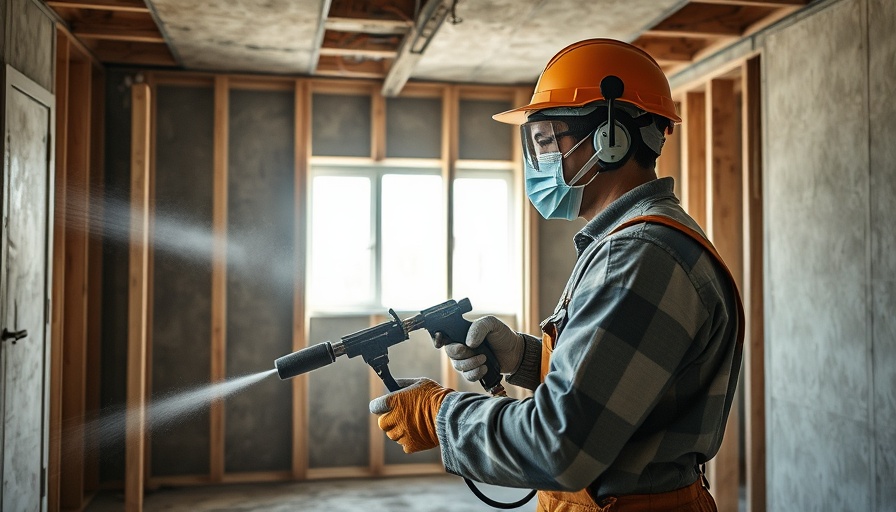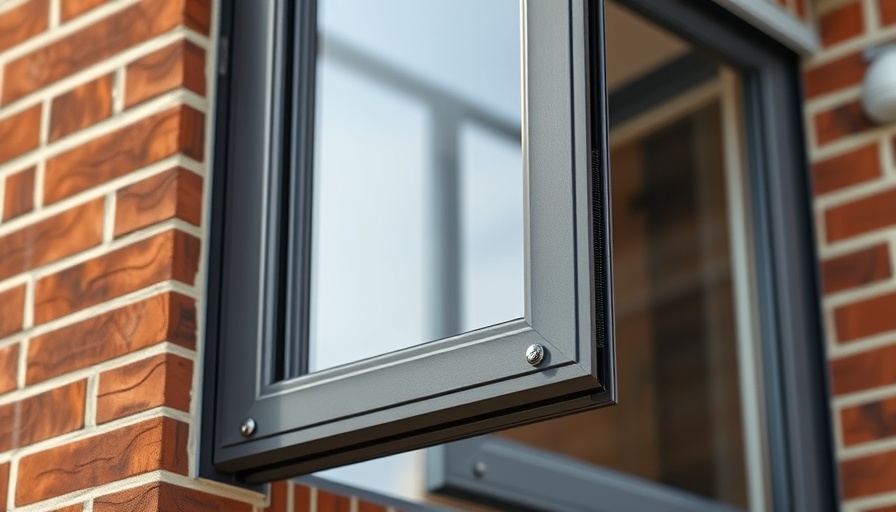
Understanding the Impact of Fumes in Insulation
In the world of home renovations, proper insulation is crucial not only for temperature control but also for maintaining indoor air quality. A recent inquiry into the effects of "Retrofoam" insulation fumes highlighted potential health concerns and the need for households to reevaluate their insulation choices. Retrofoam is a type of spray foam insulation known for its excellent thermal properties but has raised alarms due to reports of off-gassing or unpleasant fumes that some users have experienced.
Why Insulation Material Matters
Choosing the right insulation material is essential, particularly for areas like rooms above garages where ventilation can be limited. Insulation materials like spray foam can offer superior insulation values compared to traditional counterparts. However, homeowners must balance these advantages against health considerations. Alternative insulation, such as cellulose or mineral wool, can provide a non-toxic and environmentally friendly solution, reducing the risk of fume-related issues while still maintaining efficacy.
Common Misconceptions About Spray Foam Insulation
A prevalent misconception is that all spray foam insulation is created equal. Some believe that it’s an entirely safe choice without acknowledging the off-gassing risks associated with certain products. Consumers should research insulation options thoroughly, seeking out non-toxic variants and ensuring proper installation to minimize potential fume exposure. Engaging with reputable contractors who can provide guidance on safer insulation materials can significantly reduce these risks.
Future Trends in Insulation Technology
As the building industry evolves, future trends in insulation technology may steer clearer of chemical-heavy materials. Innovations are emerging in biobased and natural insulation products that promise to deliver both energy efficiency and health safety. Sustainable materials not only respond to market demand for lower environmental impact homes but also address the growing concerns over chemical sensitivities among homeowners.
What Homeowners Can Do
Homeowners experiencing unpleasant odors from installed insulation should take proactive steps to address the issue. These may include improving ventilation in affected areas, consulting with insulation experts, or considering a removal and replacement of problematic materials. An informed approach can prevent health impacts while ensuring that the home remains a safe haven. On this note, engaging with health professionals regarding any medical concerns linked to insulation fumes is advisable.
 Add Row
Add Row  Add
Add 






Write A Comment